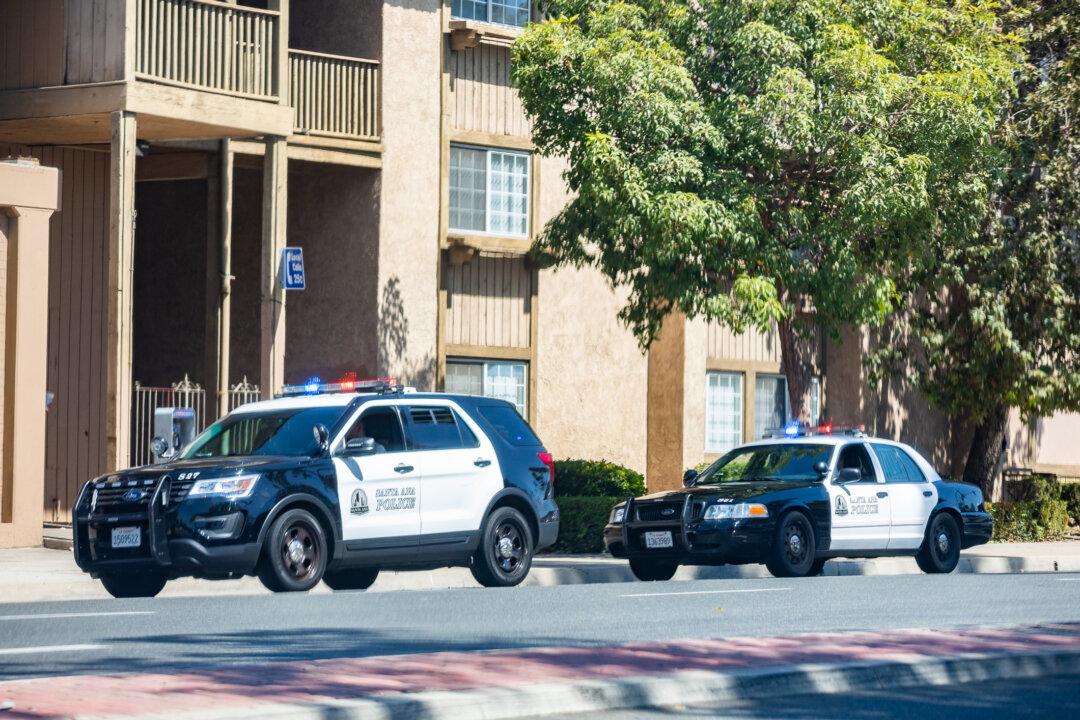HUNTINGTON BEACH, Calif.—Surf City could be moving toward legalizing cannabis businesses after the city council voted in favor of a ballot measure that would regulate cannabis in the city.
The city council voted 5–2 on March 2 to allow voters to decide in June for an up to 6 percent tax on commercial cannabis sales and a 1 percent tax on non-retail, including indoor cultivation and distribution.





